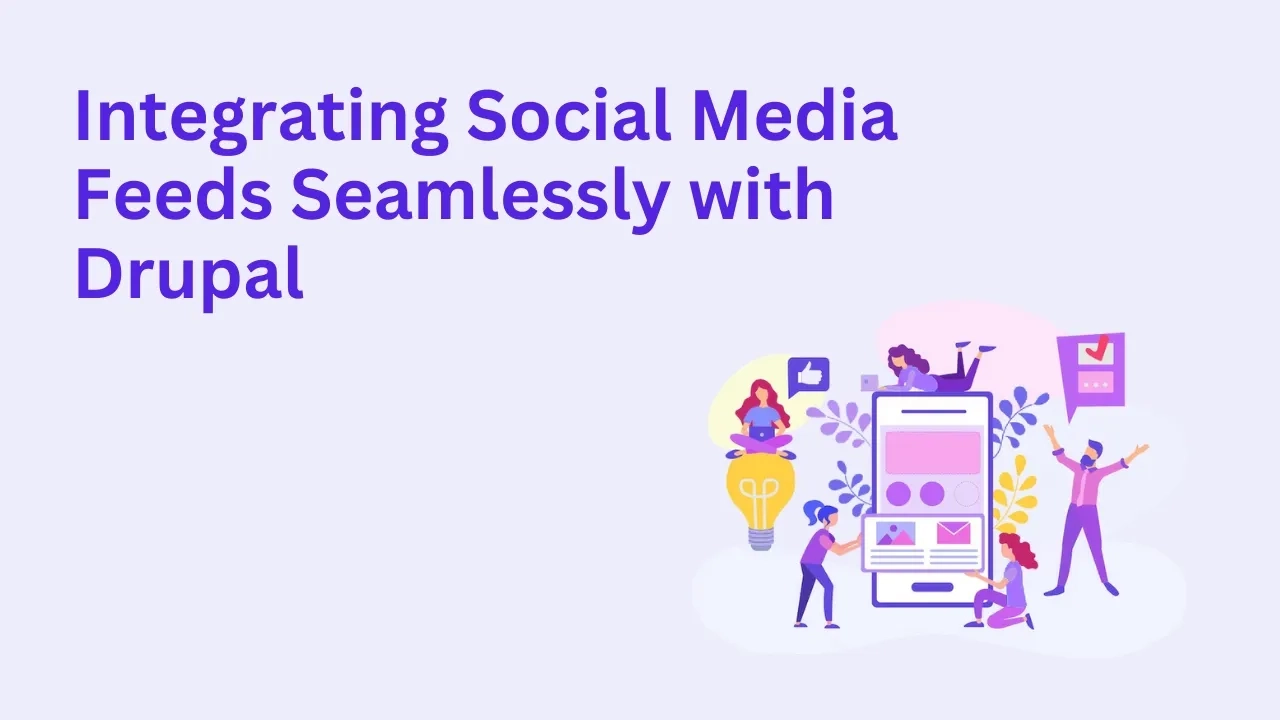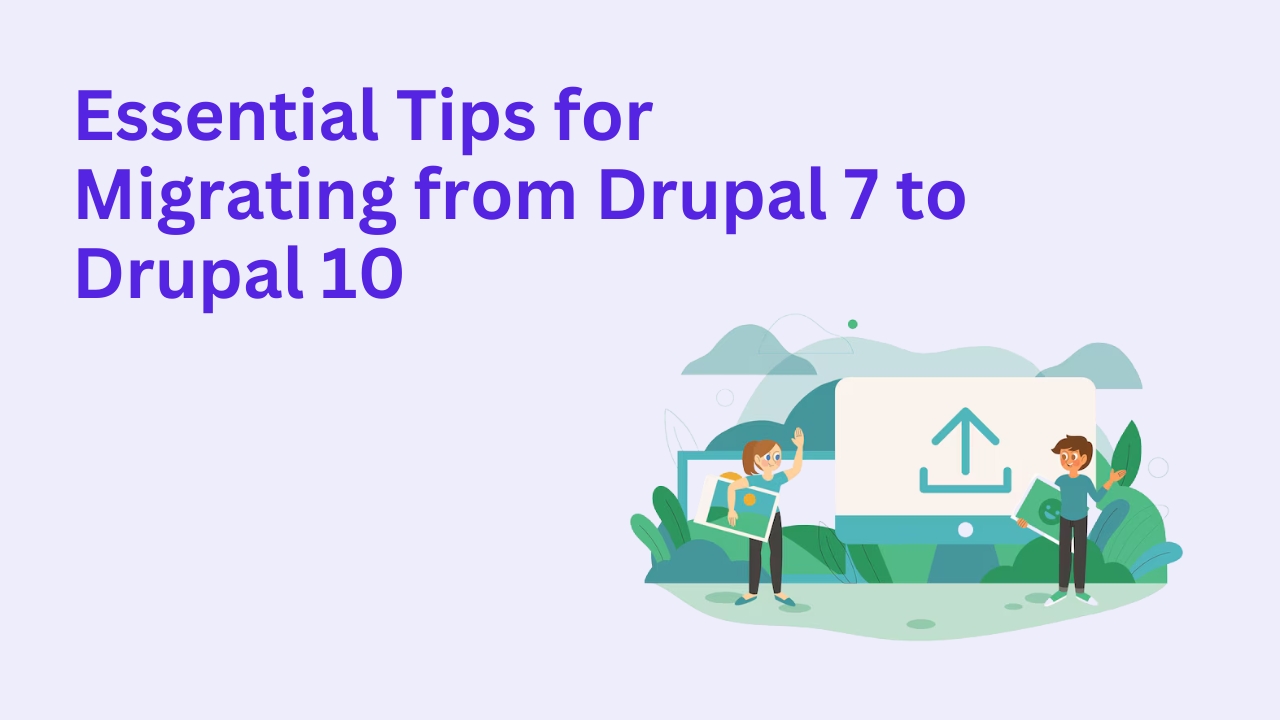How To Integrate Social Media Feeds Seamlessly with Drupal

In today’s digital world, social media is a vital touchpoint for engaging with your audience. Integrating your social media feeds into your Drupal website can amplify your brand presence, drive traffic, and keep your content dynamic and fresh.
Here’s how to seamlessly connect social media feeds with Drupal and create a more engaging user experience.
Why Integrate Social Media Feeds?
Real-time updates: Automatically display your latest social media posts—no manual updates needed!
Increased engagement: Showcase vibrant, dynamic content that encourages visitors to connect.
Improved brand consistency: Keep your website and social media presence aligned.
SEO and visibility boost: More fresh content means more opportunities for search engines to index.
Popular Social Media Feeds to Integrate
Twitter (X) feeds for real-time updates and conversations
Facebook timelines or page posts
Instagram image and video galleries
LinkedIn company updates
YouTube video playlists
Best Modules & Tools for Social Media Integration
Drupal offers several modules and contributed tools to connect with social media platforms:
1. Feeds & Aggregator Modules
Feeds module: Import content from RSS or social media APIs.
Aggregator module: Basic feed parsing built into Drupal core.
2. Third-Party API Integration
For dynamic, real-time content from APIs (like Twitter or Instagram), consider:
Simple OAuth or custom API integrations for secure data fetching.
Custom modules leveraging the social media platform’s APIs for complete control.
3. Embed Social Media Widgets
Most social media platforms offer embeddable widgets and scripts. Drupal allows you to:
Use custom blocks or paragraphs to add embed codes directly.
Use the CKEditor WYSIWYG editor to add snippets in content areas.
4. Views Integration
Use Views with custom feeds to display social content alongside your Drupal content. For example:
Create a block or page view displaying Instagram images in a grid.
Filter and sort feeds for a tailored experience.
Tips for a Seamless Integration
🔍 Match your design: Style social media feeds to match your site’s branding for a cohesive look.
⚡ Optimize performance: Use caching and lazy-loading to prevent slow load times.
🔧 Manage API limits: Social media APIs have rate limits—plan accordingly.
🔒 Respect privacy: Make sure to comply with data privacy laws (GDPR, etc.) when displaying user content.
Common Challenges & How to Tackle Them
API changes and limits: Keep your integration modules updated to handle API changes.
Responsive design: Ensure feeds adapt well to mobile and desktop views.
Cross-platform compatibility: Test integrations in multiple browsers.
Why Choose Drupalify?
At Drupalify, we build and integrate custom social media solutions that enhance your website’s performance and engagement. Our experts ensure:
✅ Smooth, secure API integrations
✅ Optimized site performance
✅ A seamless user experience across platforms
Explore our services: Hire Drupal Developers
Or book a free consultation: Book a Free Consultation
Conclusion
Integrating social media feeds with Drupal helps keep your website vibrant and engaging—without the need for constant manual updates. Whether you’re showcasing Instagram highlights or streaming Twitter updates, the right integration ensures your audience sees your latest and greatest.
Ready to connect your social presence to your Drupal site? Let’s talk!








